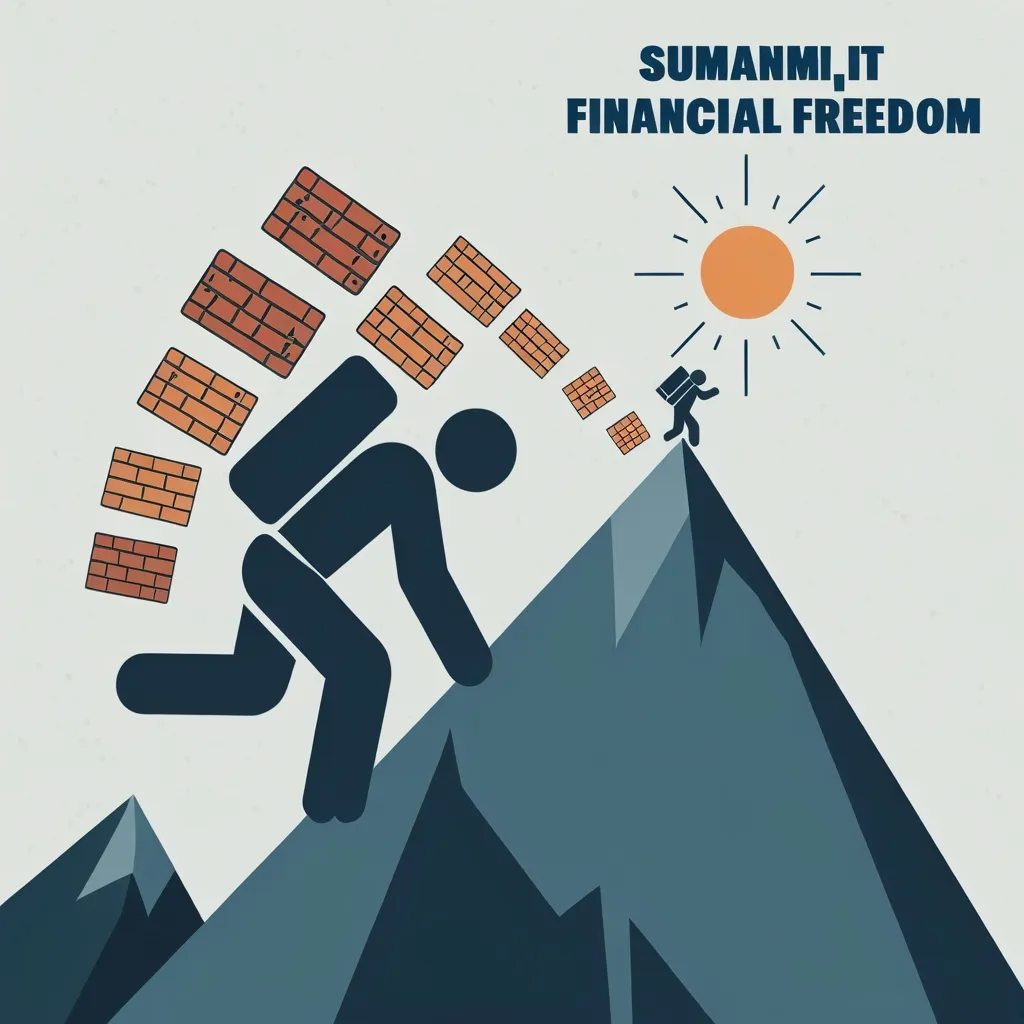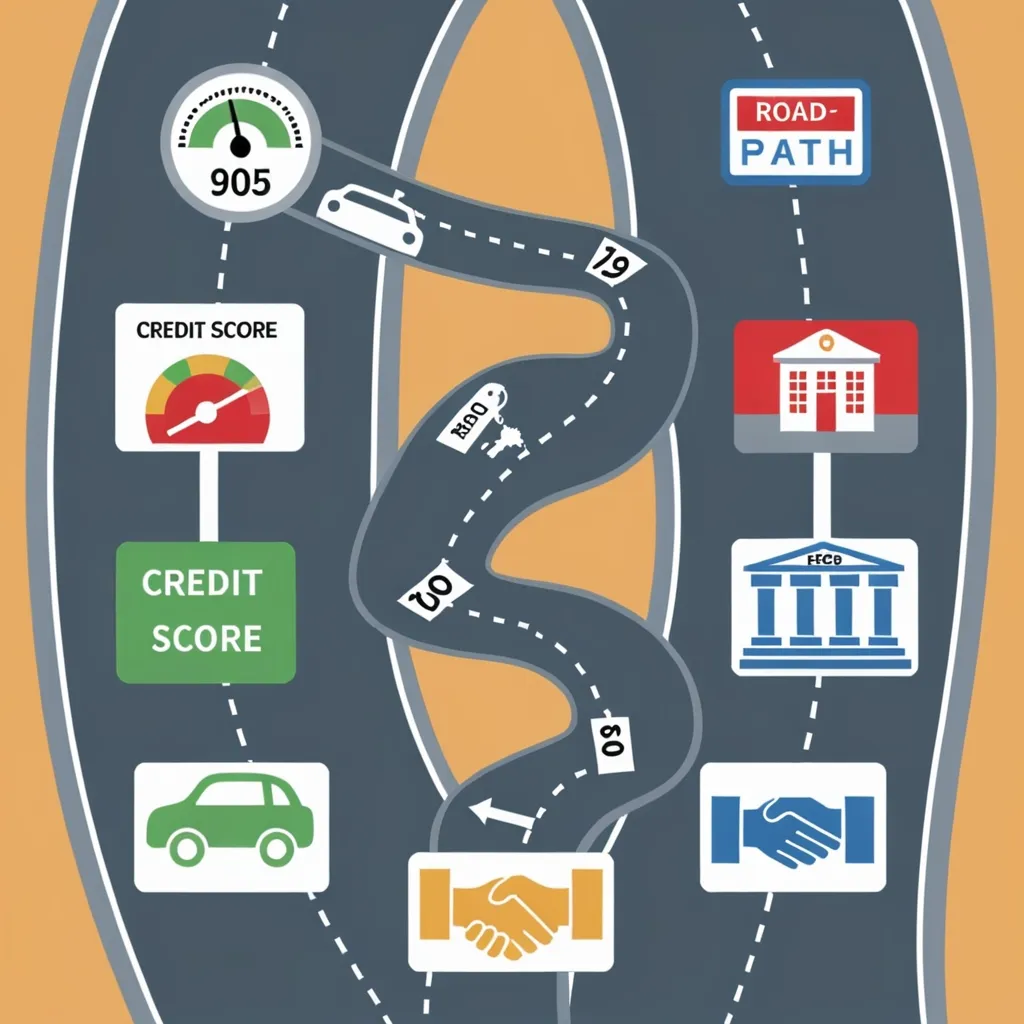Building Wealth: 7 Habits That Make All the Difference
Let’s talk about making some serious cash, shall we? But hold up, it’s not just about raking in the dough. It’s about setting yourself up for long-term success. Trust me, if you don’t get these habits down, you might find yourself in a financial pickle in just a few years. So, let’s dive into the good stuff.
First things first, you gotta be proactive and set some clear goals. It’s like planning a road trip - you need to know where you’re headed, right? Imagine where you want to be in five years. Maybe you’re dreaming of a sweet pad or a fat savings account. Whatever floats your boat, write it down and make a game plan.
Here’s the thing - if you want to double your income in a year, you can’t just sit on your butt and hope for the best. You gotta hustle. Maybe that means picking up a side gig, learning some new skills, or sweet-talking your boss into giving you a raise. The point is, you need a roadmap and a reason to keep pushing.
Now, let’s talk about education. And no, I don’t mean you need to go back to school (unless that’s your jam). I’m talking about constantly learning and expanding your knowledge. Read books, take courses, hit up some seminars. Heck, even scrolling through finance blogs counts. The more you know, the smarter decisions you’ll make.
Think about it - if you’re gonna dive into the stock market, you better know how it works. Otherwise, you’re just throwing your money into a black hole and hoping for the best. Same goes for buying a house or starting a business. Knowledge is power, my friend.
Here’s a fun one - surround yourself with success-oriented people. Yeah, I know it sounds like some cheesy motivational poster, but hear me out. The people you hang with can seriously influence your financial habits. If you’re chilling with folks who are all about that financial independence life, you’ll be more motivated to stay on track.
This doesn’t mean you gotta ditch your broke friends. But maybe seek out some mentors or join a community of like-minded money-savvy peeps. You might pick up some sweet tips from someone who’s already crushing it.
Now, let’s talk about a sneaky little thing called lifestyle creep. It’s when you start spending more as you earn more. It’s like getting a raise and immediately upgrading your ride or moving to a fancier pad. Sure, it feels good in the moment, but it’s a surefire way to derail your financial goals.
Instead of blowing that extra cash, why not save or invest it? I know, I know, it’s not as sexy as a new car. But trust me, future you will be thanking present you when you’re sitting pretty on a pile of savings.
Here’s the thing about building wealth - it’s not a get-rich-quick scheme. It’s more like a marathon than a sprint. You gotta be persistent and patient, sticking to your plan even when things get tough. It’s about having the discipline to keep going, even when you’d rather blow your savings on a shopping spree.
Take investing in the stock market, for example. Your investments might go up and down like a rollercoaster. But if you stick to your strategy and keep at it, you’re likely to see some serious growth over time. It’s all about playing the long game.
Now, here’s a biggie - live below your means. I know, it sounds about as fun as watching paint dry. But it’s one of the most powerful ways to build wealth. It’s simple math - spend less than you earn and save or invest the difference.
This doesn’t mean you have to live like a monk. It’s about being smart with your spending. Maybe swap out those prime cuts for some cheaper alternatives. Or get creative with reusing stuff. Every little bit helps.
Lastly, prioritize your spending based on what really matters to you. It’s easy to fall into the trap of keeping up with the Joneses. But ask yourself - do you really need that fancy vacation, or would you rather put that money towards your dream house?
It’s all about aligning your spending with your goals and values. Maybe what you really want is to be debt-free or to start your own business. Focus on that, not on what everyone else is doing.
Remember, building wealth isn’t about making dramatic changes overnight. It’s about making small, consistent changes that add up over time. Start small - even saving $10 a week can make a difference. Over five years, that’s $2,600. Not too shabby, right?
And here’s a pro tip - avoid comparing yourself to others. Just because your buddy is driving a fancy car doesn’t mean you need one too. Focus on your own goals and what you want to achieve. Trust me, it’ll save you a lot of stress and potential debt.
Building healthy financial habits is about creating a lifestyle that supports your long-term goals. It’s not just about pinching pennies - it’s about living in a way that aligns with what you really want out of life.
Having mentors can be a game-changer when it comes to building wealth. It’s like having a financial GPS guiding you through the twists and turns. They can share their experiences, offer advice, and keep you motivated when things get tough.
Finally, stay positive and focused. Building wealth is a journey, and there will be bumps along the way. But by staying positive and keeping your eyes on the prize, you’ll be able to overcome any obstacles that come your way.
So there you have it - the habits that can make or break your financial future. It’s not rocket science, but it does take commitment and consistency. Start today, make a plan, take action, and stay committed. In five years, you’ll be amazed at how far you’ve come. Who knows, you might even be the one dishing out financial advice to others. Now wouldn’t that be something?






